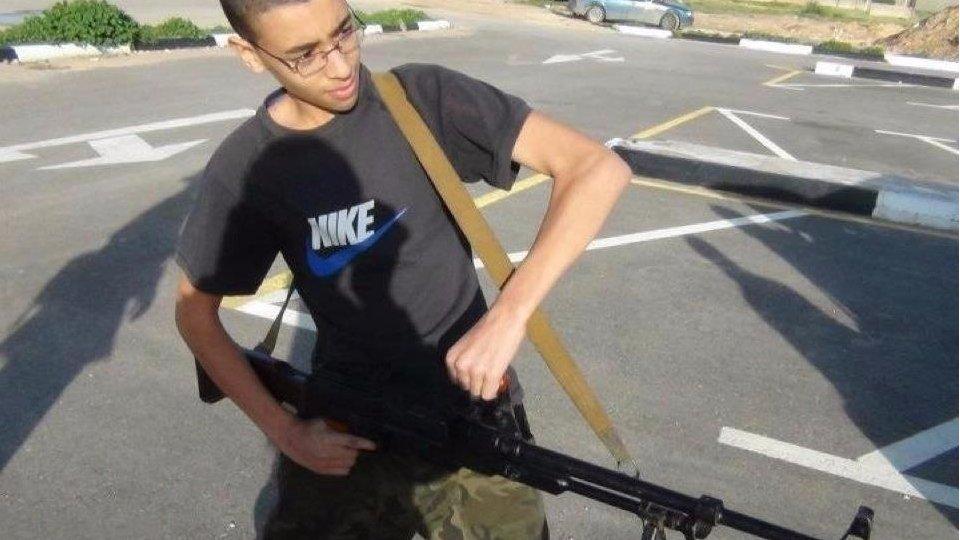Manchester Arena attack 'like being punched in face'
- Published
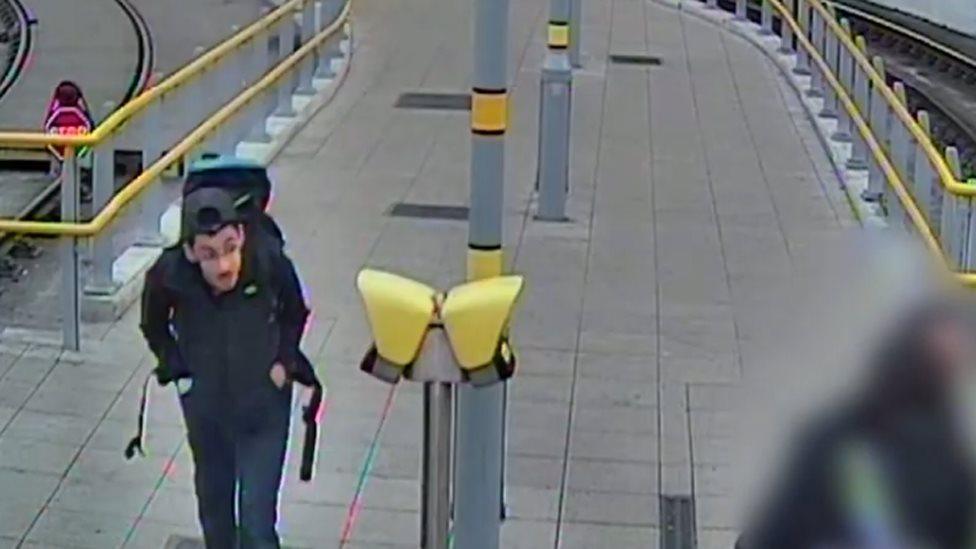
Salman Abedi detonated a home-made device at an Ariana Grande concert in 2017
Investigating terror attacks like the Manchester bombing can feel like being "repeatedly punched in the face," a counter-terrorism officer has said.
Assistant Commissioner Neil Basu was the UK's senior national co-ordinator for counter-terrorism at the time of the 2017 atrocity, which left 22 dead.
He was alerted to the attack at 22:55 GMT, 25 minutes after the blast as fans left the Ariana Grande concert
Mr Basu told the inquiry into the bombing that it is "unbelievably hard".
He said: "Dealing with one of these incidents is like being repeatedly punched in the face and then placed on the ground and repeatedly kicked."
He also directly addressed the families of the victims and said he understood the "terrible burden" of "the people who have suffered in this horror".
Twenty-two people were murdered and hundreds more injured when Salman Abedi detonated a home-made bomb in the foyer of the arena.

Twenty-two people were killed and hundreds more injured in the 2017 bombing
The hearing was also told how, in December 2017, Lord David Anderson QC published his independent assessment of police and MI5 reviews into the Manchester attack and three other incidents in London, which killed a total of 36 people.
Mr Basu said the report, which found 103 things could have been done better by counter-terrorism officials, was a "humbling moment".
But he added he had never worked in an area of policing that "tries so hard to improve itself constantly" and still believed the UK had the "best counter-terrorism machine in the world".
Mr Basu said he was called at home by a colleague on the night of the blast.
He said: "We didn't know where it had been manufactured, what associates there were who may have helped this person do this terrible act.
"All of that is an enduring and constant threat in our minds about trying to discover and stop that next threat coming on.
"That is separate from dealing with the immediate response as it was unfolding at the arena."
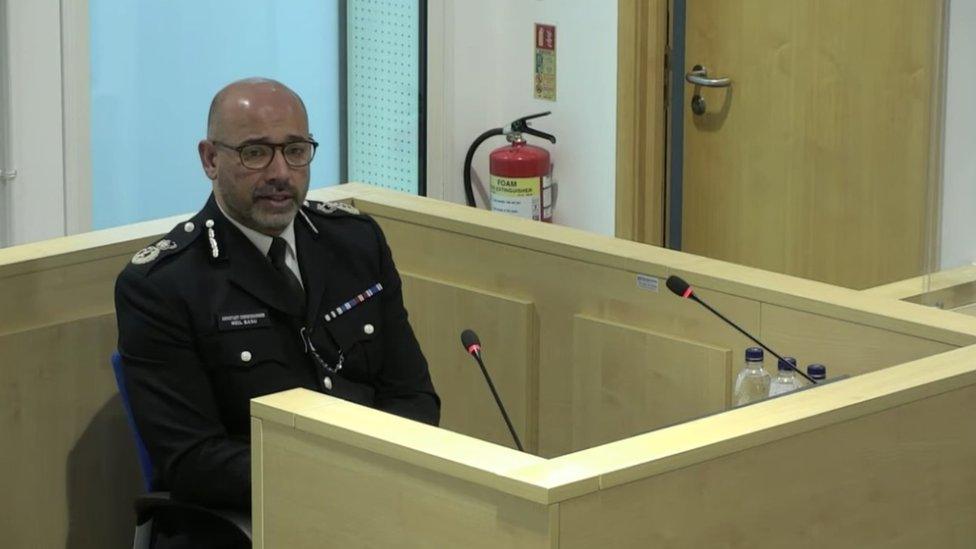
Assistant Commissioner Neil Basu's job on the night of the attack was to assume national strategic command of the events and the investigative response
He told the inquiry he spoke to MI5's head of operations before driving to New Scotland Yard where he declared the incident a terror attack at 00:56.
Meanwhile, Greater Manchester Police remained responsible for co-ordinating the immediate policing response.
Mr Basu said he learned the identity of the bomber four hours after the attack and told how he had never heard of Salman Abedi.
It then became his responsibility to pursue the bomber's brother Hasham Abedi, who was in Libya, after he was declared a suspect.
In the days that followed he was also responsible for a national crackdown to "disrupt and destabilise" terror groups.
To the families, he said: "It is incredibly important to me that the families of everyone who has been bereaved, but not just the bereaved - the people who have suffered in this horror, people who have been psychologically and physically injured - understand I am here not just as the Assistant Commissioner from London or the national lead for counter-terrorism.
"But as a human being and a parent, to express my deepest sympathies, not just from me personally but from the entire network that I lead.
"Effectively this is a network that is entirely designed to stop there being victims and survivors of terrorist incidents, and I have met far too many in my career.
"I know the terrible burden that not just the event but having to sit through inquests, criminal trials and inquiries has on those people, I know how brutal it is."
The inquiry continues.

Why not follow BBC North West on Facebook, external, Twitter, external and Instagram, external? You can also send story ideas to northwest.newsonline@bbc.co.uk, external
Related topics
- Published1 February 2021
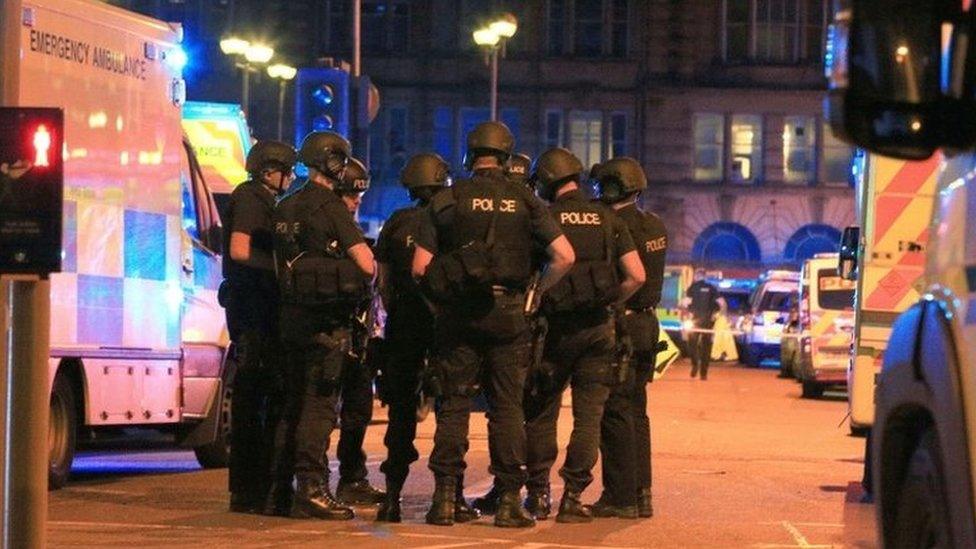
- Published26 January 2021

- Published25 January 2021

- Published20 January 2021

- Published19 January 2021
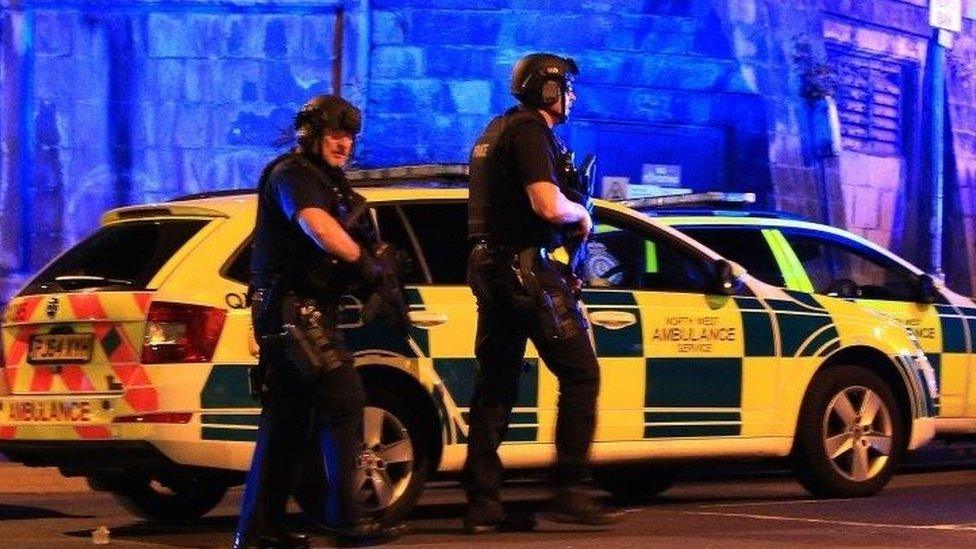
- Published18 January 2021
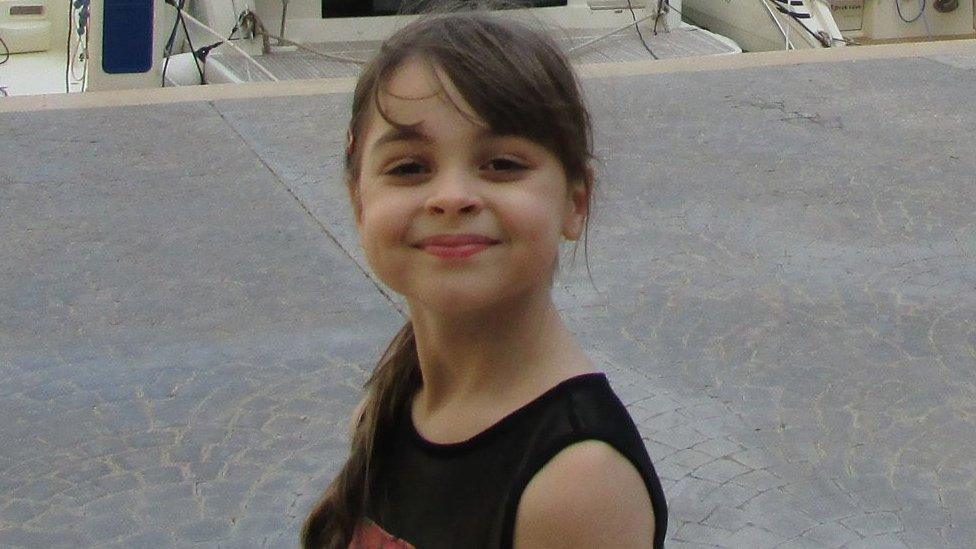
- Published3 November 2022

- Published7 September 2020
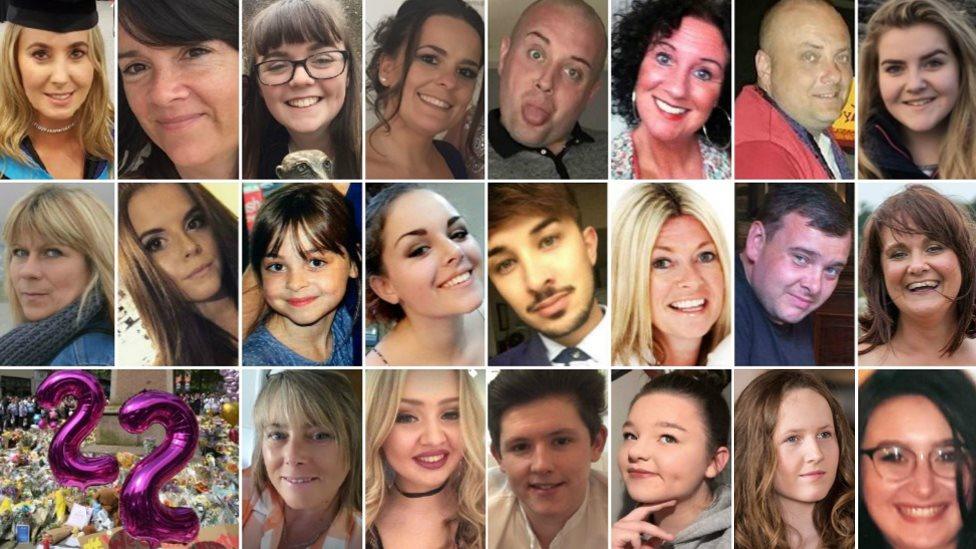
- Published17 March 2020
